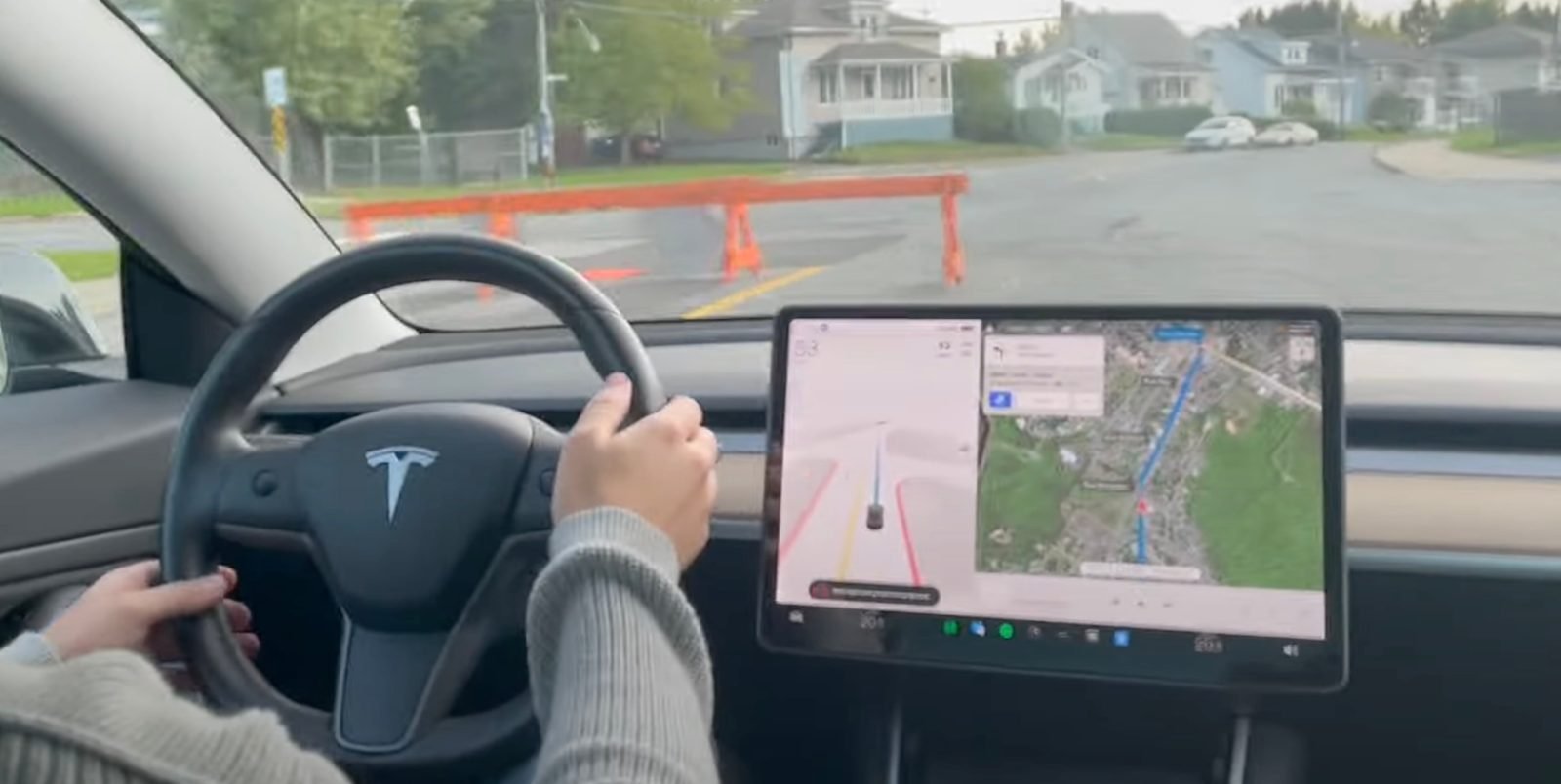
Tesla is trapped in a legal battle where it admitted that it would “suffer financial damage” if its self -driving breakdown data would become public, but that’s not the reason you think.
Tha car manufacturer is currently in a legal match against the Washington Post requesting data on Tesla crashes related to its ADAS systems (autopilot and full self-driving).
The US National Highway Transportation Safety Administration (NHTSA) requires car manufacturers to report all crashes involved ADAS systems.
Tesla crashes represent the vast majority of crashes reported to NHTSA, but we don’t have much data on these crashes because Tesla, as we previously reported, abusing NHTSA’s confidential policies to have most of the data related to the crashes edited.
Here is a quick video of the NHTSA ADAS -Crash report showing all Tesla’s section “Redacted” and “Confidential” as opposed to other car manufacturers:
The post sues Tesla and NHTSA to get them to reveal the data.
In a new filing, Tesla claimed it “would suffer financial and financial damage if the requested information is revealed.”
Tesla claims that competitors could use the data to assess Tesla’s progress with ADAS systems:
For the reasons explained in Tesla’s opening movement and Eddie Gates declaration, the disclosure of the requested information could predictably result in different types of damage to Tesla. Public release of ADAS -hardware and software versions will allow competitors to, among other things, assess the effectiveness of a given version of hardware or software; Calculate the number of crashes according to the various software and hardware systems, and draw conclusions with regard to Tesla’s progress.
The carmaker quoted Eddie Gates, director of Field Reliability Technique in Tesla, to support his argument.
Gates wrote:
(a) see the processes by which Tesla identifies and examines crash events; (b) gain insight into how Tesla learns and develops through data collection; (c) Track the tempo for improving ADAS features over time; (d) draw conclusions about the effectiveness of an ADAS version over another; (e) draw conclusions about or try to copy Tesla’s internal processes; (f) reveal how and under what circumstances Tesla collects and learns from telematic or other data relating to crash events; (g) provide insight into how Tesla’s software and vehicle technology work; and (h) find out the strength and weaknesses of Tesla’s functions and use this knowledge to build or improve their own functions and systems.
In short, Tesla’s argument for not making public details about its vehicles going down, while its autopilot and full self -driving is that competitors can potentially improve their own systems by learning which versions of Tesla’s systems are involved in more crashes than others.
Attorneys to the Washingtop Post counter against the argument by pointing out that the version of Tesla’s ADA’s software and hardware cannot be kept privately, given that the drivers themselves have access to this information within their own vehicles.
Electek Tag
Let’s be real. If the information is revealed, the only real change is that the public would gain a better understanding of crashes involving Tesla Autopilot and full self -driving. That’s it.
Now, if that happens, there are a few things that may arise, like several media reports about Tesla crashes, people involved in these crashes using the data in litigation against Tesla, and yes, potentially competitors using the data to gain a better understanding of its system, but that would not be my top concern.
Even if they did, it would only mean that the reporting of NTSHA crashes would result in making ADAS systems safer. Isn’t that the target?
The fact that Tesla has gone out of its way of releasing no data on its self -driving effort should be a real red flag for anyone interested in the effort.
FTC: We use income that earns Auto -connected links. More.
